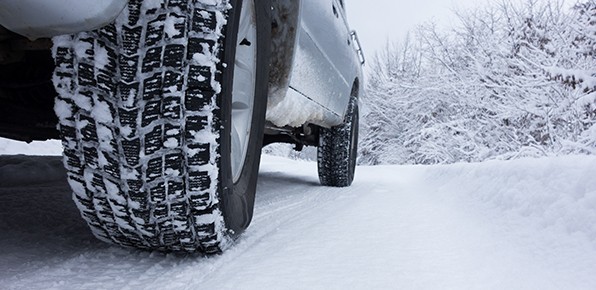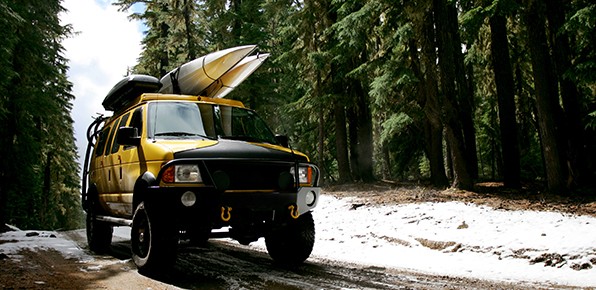 United States (English)
United States (English)
Shopping Cart
Empty Cart
Part No: {{entry.product.code}}
Quantity: {{entry.quantity}}
Total {{cartInfo.totalPriceWithTax.value | currency:"$"}}
Total {{0 | currency:"$"}}
 United States (English)
United States (English)
Part No: {{entry.product.code}}
Quantity: {{entry.quantity}}
Total {{cartInfo.totalPriceWithTax.value | currency:"$"}}
Total {{0 | currency:"$"}}
Asia Pacific
Europe, Middle East, Africa
 România (Română)
România (Română)
 European Union (English)
European Union (English)
 België (Nederlands)
België (Nederlands)
 Belgique (Français)
Belgique (Français)
 France (Français)
France (Français)
 Deutschland (Deutsch)
Deutschland (Deutsch)
 Italia (Italiano)
Italia (Italiano)
 Nederland (Nederlands)
Nederland (Nederlands)
 Polska (polski)
Polska (polski)
 Россия (русский)
Россия (русский)
 South Africa (English)
South Africa (English)
 España (Español)
España (Español)
 Україна (українська)
Україна (українська)
 United Kingdom (English)
United Kingdom (English)
 Česko (Česká republika)
Česko (Česká republika)
 United Arab Emirates (English)
United Arab Emirates (English)
North America

From snow-covered roads on your morning commute to a layer of ice on the highway on the way home, winter driving can be downright dangerous. While it would be nice to hibernate until spring, there are times you can’t avoid being out in the winter weather. For those days that you have to venture out, having the right tires can make all the difference.
Could snow tires help you avoid a white-knuckle adventure? Or are you best served by all-season tires? Read on to learn about the differences between all-season and snow tires and how to determine which type is best for you.

Designed to handle a variety of road conditions, all-season tires can handle wet and dry roads, even light snow. Combining benefits of summer and winter tires, all-season tires deliver excellent tread life, quiet ride and good fuel economy. All-season tires feature moderate tread depth and hard rubber compounds that contribute to their long life.
Standard on many passenger cars and SUVs, all-season tires are good in a lot of different situations. Because they are designed to do so many different things, they may not deliver exceptional handling or the traction needed on slippery roads and in extreme winter weather.

Snow or winter tires are built for harsh conditions like snow, ice, slush and freezing temperatures. Unlike the tread in all-season tires that can become stiff in the cold, snow tires use specially-formulated rubber that stays flexible in cold temperatures.
During extreme conditions of snow and ice, you’ll appreciate the extra grip that winter tires provide. The improved grip also helps improve braking in poor road conditions. Winter tires feature a deeper tread that reduces snow buildup and unique tread patterns that help channel water, slush and snow.
Like most things in life, snow tires do come with some drawbacks. You may experience less precise handling and control than what you are used to, so be sure to keep your attention on the road when the conditions take a turn for the worst. Also keep an eye on the tread wear, as the soft rubber can break down more quickly than all-season tires.

If you live in an area that gets a moderate-to-heavy amount of snow and that sees temperatures below 45°F on a regular basis, snow tires may be a wise investment. For those living in the south and places that have mild winters, all-season tires are your best bet.

Four-wheel drive and all-wheel drive sends power to all four wheels when needed to help improve your vehicle’s traction. Once you apply your brakes, 4WD or AWD doesn’t help – this is where your tires can make or break you. Whether you’re turning, braking or accelerating, snow tires improve traction. Think of snow tires as another tool that can help you conquer bad roads.

No. The softer rubber used in snow tires can wear out quickly in warm temperatures. Also, you would experience decreased performance and handling if you exclusively used winter tires.
While it can seem like an arduous process to swap out your tires, resist the urge to keep your snow tires on as the seasons change. If space is an issue, many tire shops offer storage programs so you don’t need to find a spot in your garage for the set of tires you’re not using.
Learn more about quality auto parts, find your car part, or find a local car repair shop today.
The content contained in this article is for entertainment and informational purposes only and should not be used in lieu of seeking professional advice from a certified technician or mechanic. We encourage you to consult with a certified technician or mechanic if you have specific questions or concerns relating to any of the topics covered herein. Under no circumstances will we be liable for any loss or damage caused by your reliance on any content.